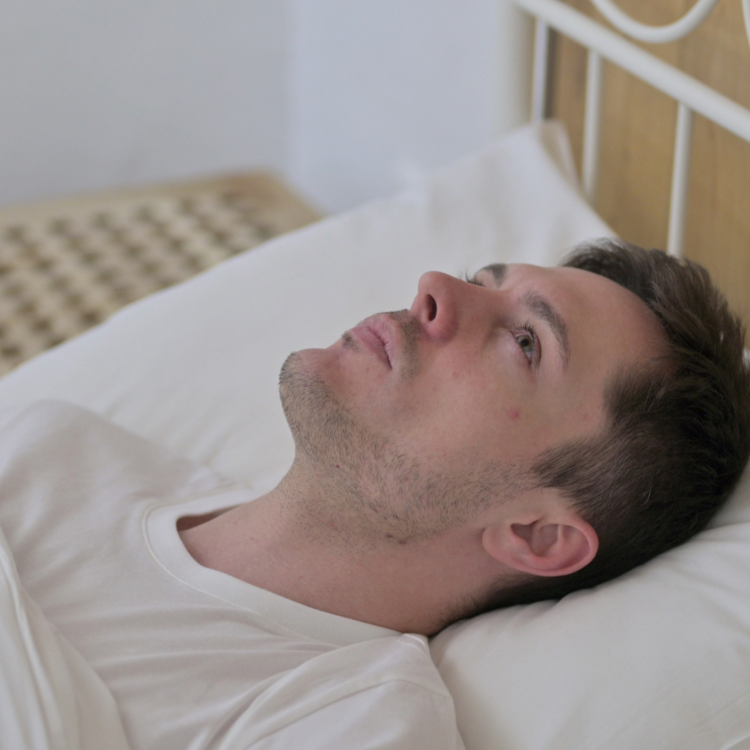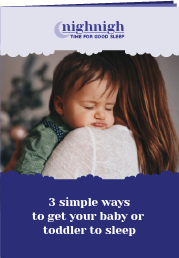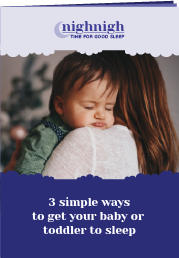How much awake time do you spend thinking about sleep during a lockdown?
Australia has been forced into another lockdown to keep us safe. Uncertainty and employment changes are some of the issues wreaking havoc on mental health. All of which affect our sleep quality and emotional well-being.
Insomnia can occur from increased anxiety and depression, and around 40% of the general population experiencing this during covid. insomnia is a serious and debilitating condition, that is capable of ruining your happiness and life.

Are you wide awake when you should be sleeping?
One of the more common problems associated with insomnia is becoming wide awake as soon as your head hits the pillow. Lying awake and pondering why you can’t sleep when you feel exhausted can lead to overthinking everything and that leads to delayed sleep onset, or SOL sleep onset latency. This leaves a person with a feeling of never waking up feeling refreshed.
Lockdown living changes your sleep schedule
When you have no need to leave the house and go about your normal day you miss out on things like exercise and daylight exposure which are good sleep contributors. Then as sleep patterns change and worsen, you have less opportunity for sleep when falling asleep takes longer and you need to be up to work from home or be up for the kids and never get sleep catch up time.
In contrast to less sleep opportunity, you might find you can sleep in till whatever time you like. This can affect your sleep timing, causing a reset of your circadian rhythm, with more sleep happening during daylight hours as opposed to night time. Now you start to see a pattern of less daylight exposure, less opportunity for exercise, changed eating habits and essentially a mind and body out of whack as it becomes more nocturnal – which our bodies are not designed to cope with.

Lockdown anxiety can change the way you sleep.
Sleep hygiene is the best start to good sleep
When sleep goes bad, most people start searching for a sleep remedy, and there are a lot of things out there, from a new bed to wearable apps, or lavender scents and pills to potions and so much more. These are flash in the pan parlour tricks, and doesn’t deliver long lasting results.
Cognitive Behavioural Therapy (CBT) gets long lasting results.
Cognitive Behavioural Therapy can be used for any age and is proven to give the longest lasting results which is important when you need sleep consistency in a constantly changing world. Used together with sleep hygiene, your mind can learn to love sleep again because keeping well in lockdown is imperative to getting back on track fast, when lockdown is done.
And remember lockdown will end, but your insomnia won’t if you don’t take action to improved your sleep.






